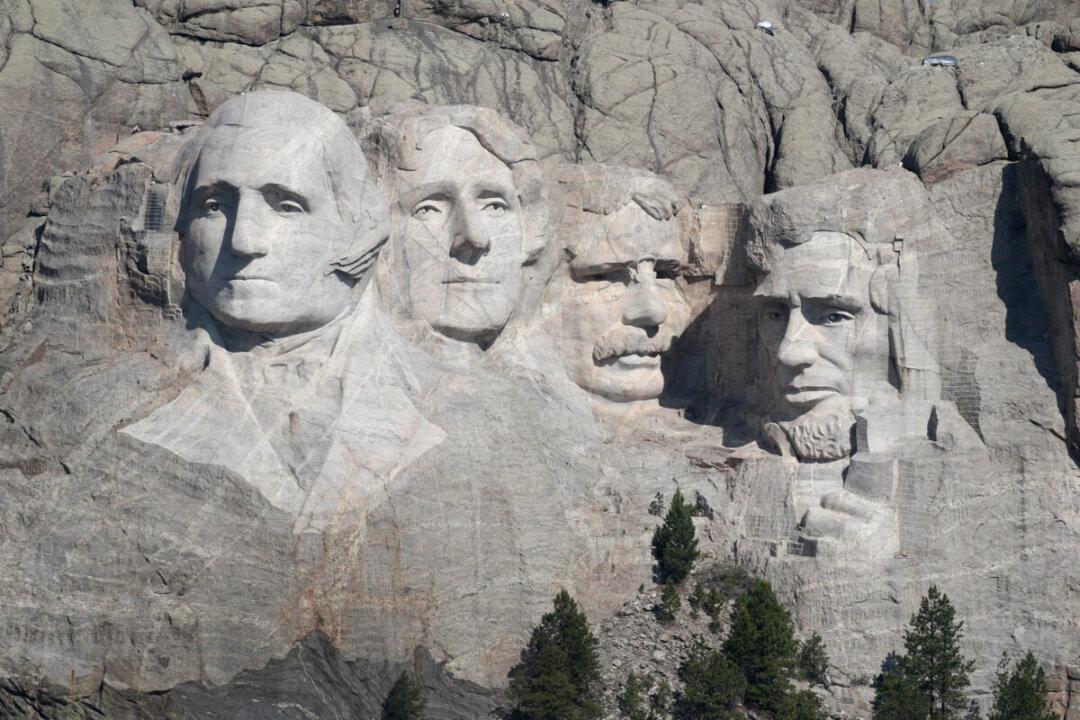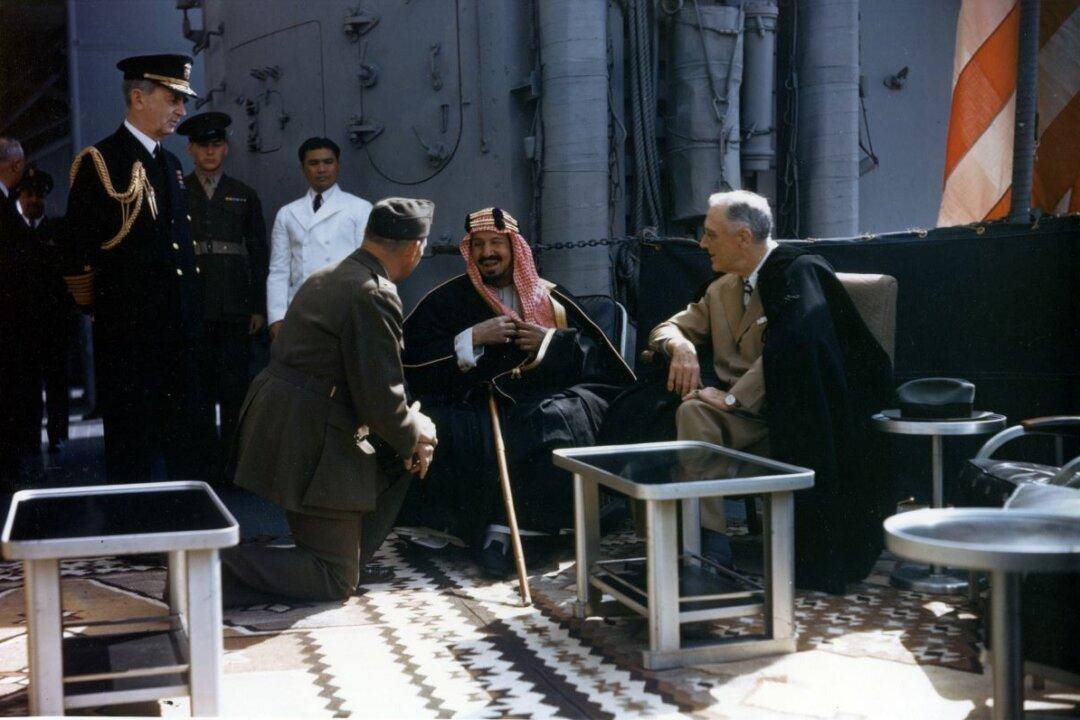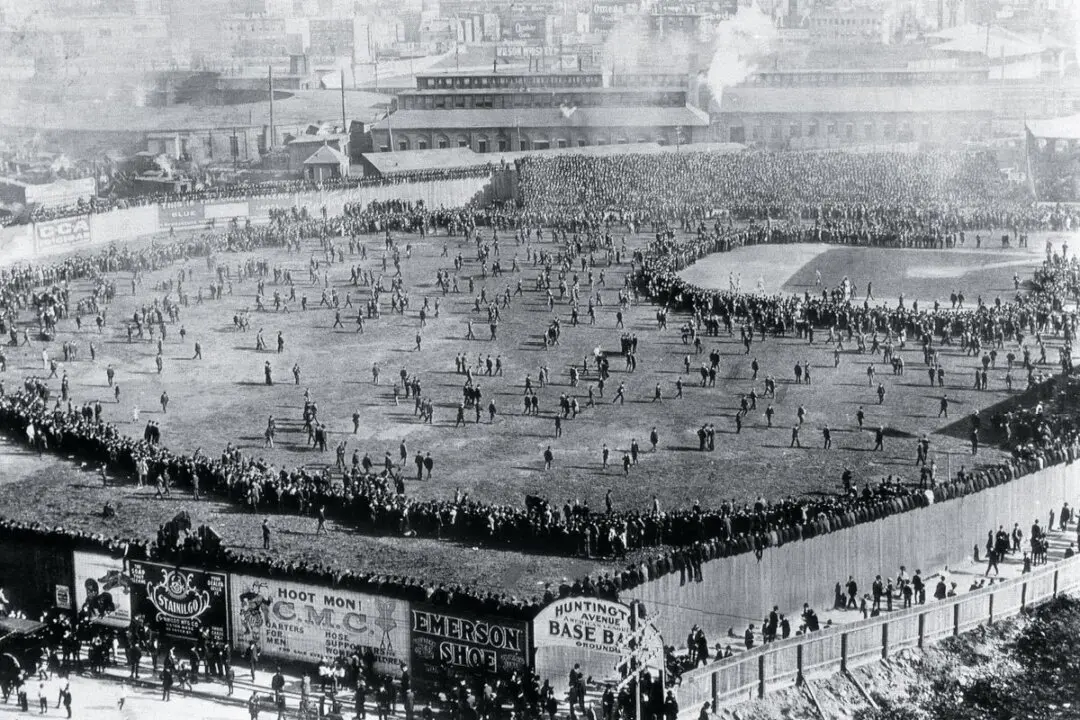Talmage Boston: The name rings of American history. A lawyer by trade, Mr. Boston has written his way into the society of historians. As one of Texas’s finest litigators, he shares a connection with those early Americans whose lives he studies. Nearly half of the signers of the Declaration of Independence and more than half of those who signed the Constitution were lawyers.
From Yankee Stadium to the White House, Mr. Boston has written five books that connect with modern Americans on both cultural and political levels. His latest work, “How the Best Did It: Leadership Lessons From Our Top Presidents,” is not only a recollection of the country’s best presidents from George Washington to Ronald Reagan, but it is a propositional work for current and future leaders.






